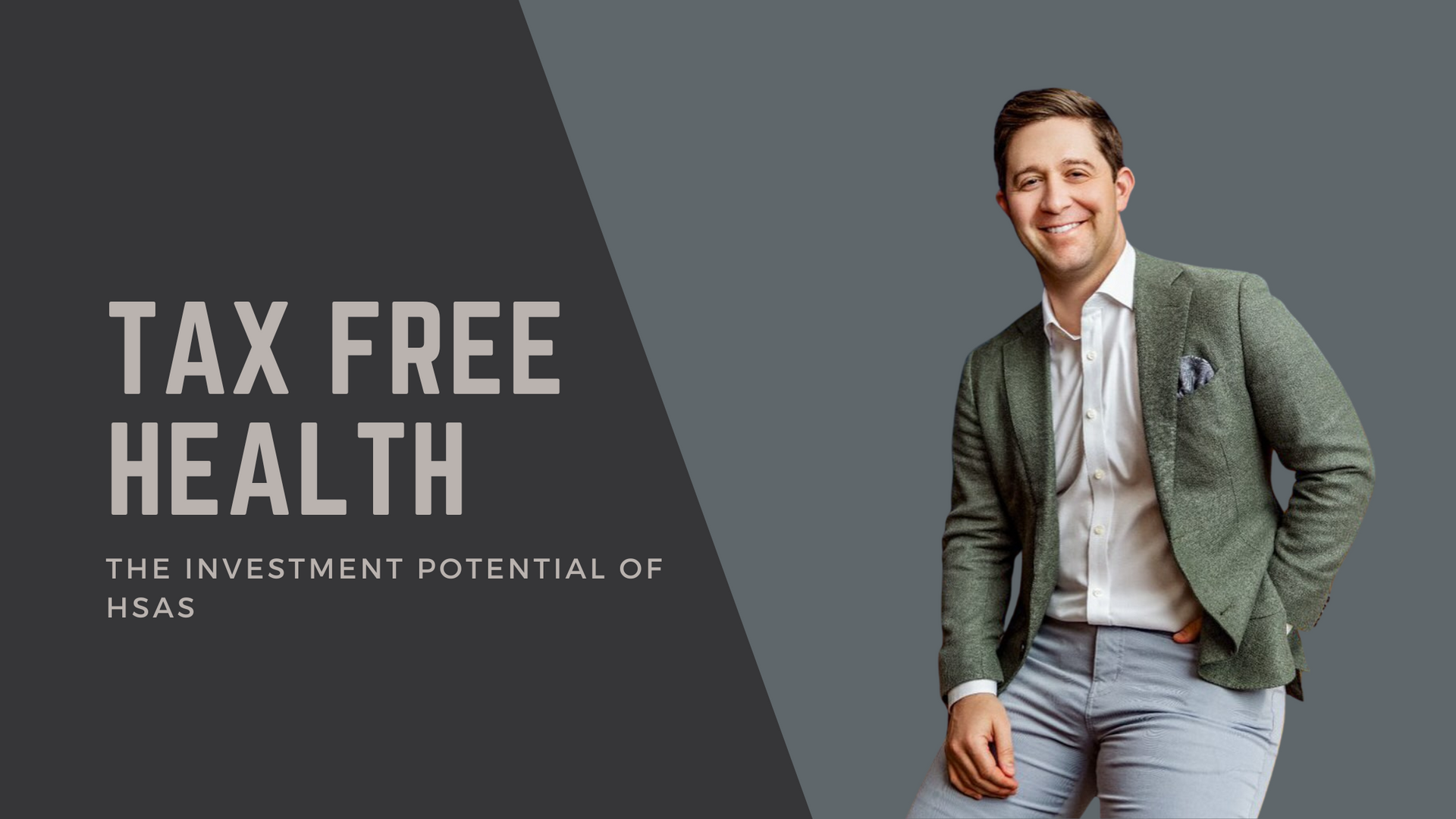The Best Place for Tax-Advantaged Money: HSAs
Avoid Taxes Altogether with an HSA
Looking to save money on taxes and maximize your savings? Consider a Health Savings Account (HSA). HSAs are the most tax-advantaged place you can put your money. Here's why:
When you contribute to an HSA, you get a tax deduction for the money you put in. But the tax advantages don't stop there:
When you withdraw money from your HSA for qualified medical expenses, you don't pay any taxes on that money either.
This means you completely avoid taxes on both your contributions and your withdrawals.
Compare this to other popular tax-advantaged accounts:
With a Traditional IRA or 401(k), you get a tax deduction when you contribute, but you have to pay taxes when you withdraw the money in retirement.
With a Roth IRA or Roth 401(k), you pay taxes on your contributions now, but your withdrawals are tax-free in retirement.
While these accounts provide tax benefits, neither of them allows you to avoid taxes altogether like an HSA does.
Invest Your HSA Funds for Tax-Free Growth
Another major advantage of HSAs is that you can invest the money you contribute. Any growth or earnings on your investments are also tax-free. This provides an incredible opportunity to save for future medical expenses and build long-term wealth.
Choose from a variety of investment options like mutual funds.
Your invested money grows tax-free over time.
You can withdraw your contributions and earnings tax-free at any time for qualified medical expenses.
After age 65, you can withdraw HSA funds for any reason without penalty (though you'll pay regular income tax for non-medical withdrawals).
By investing your HSA money wisely, you can take advantage of tax-free growth and build a significant nest egg for your healthcare needs in retirement.
How to Get Started with an HSA
To be eligible for an HSA, you must be enrolled in a high-deductible health plan (HDHP). If you have an HDHP through your employer, they may offer an HSA option that you can contribute to through payroll deductions. You can also open an HSA on your own through a bank or other financial institution.
For 2023, you can contribute up to $3,850 for an individual or $7,750 for a family. If you're 55 or older, you can make an additional $1,000 "catch-up" contribution.
Key Takeaways
To recap, here's why HSAs are the single most tax-advantaged way to save money:
Your contributions are tax-deductible.
Your withdrawals for medical expenses are tax-free.
Your investment growth is tax-free.
You can use the funds anytime for medical costs or let them grow long-term.
If you're eligible for an HSA, take advantage of this incredible tax-saving opportunity. Contribute as much as you can each year, invest the money wisely, and watch your savings grow tax-free for a healthier financial future.
Menu
Get In Touch
Newsletter Sign-Up
Thanks for signing up for our Newsletter!
Please try again later.
Securities and advisory services offered through LPL Financial, a registered investment advisor. Member FINRA/SIPC
The LPL Financial registered representative(s) associated with this website may discuss and/or transact business only with residents of the states in which they are properly registered or licensed. No offers may be made or accepted from any resident of any other state.
Check the background of investment professionals associated with this site on FINRA's BrokerCheck and CFP Board's background Verification tool.
Talley Financial




